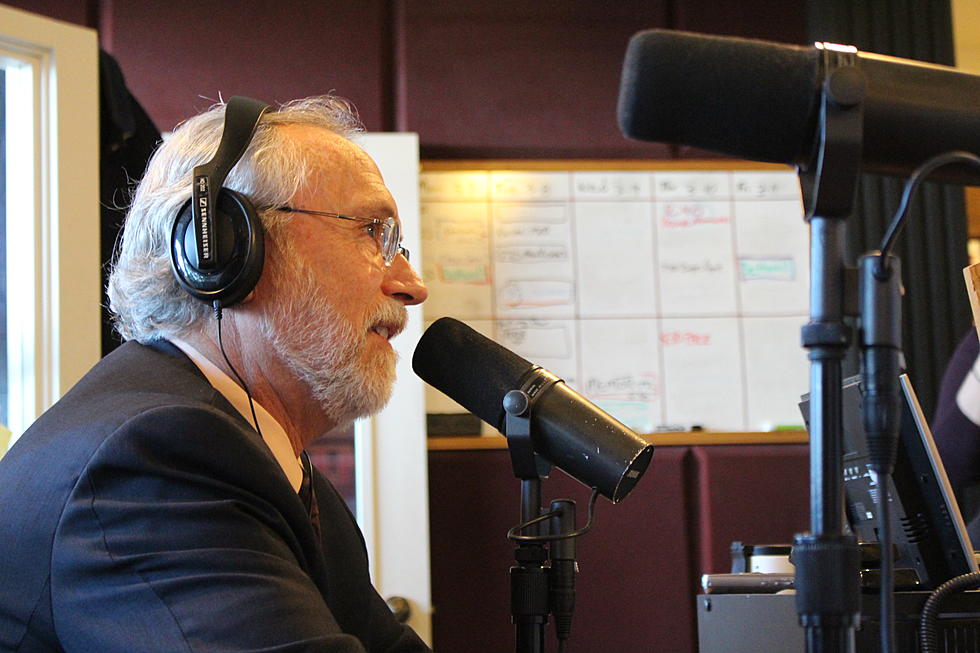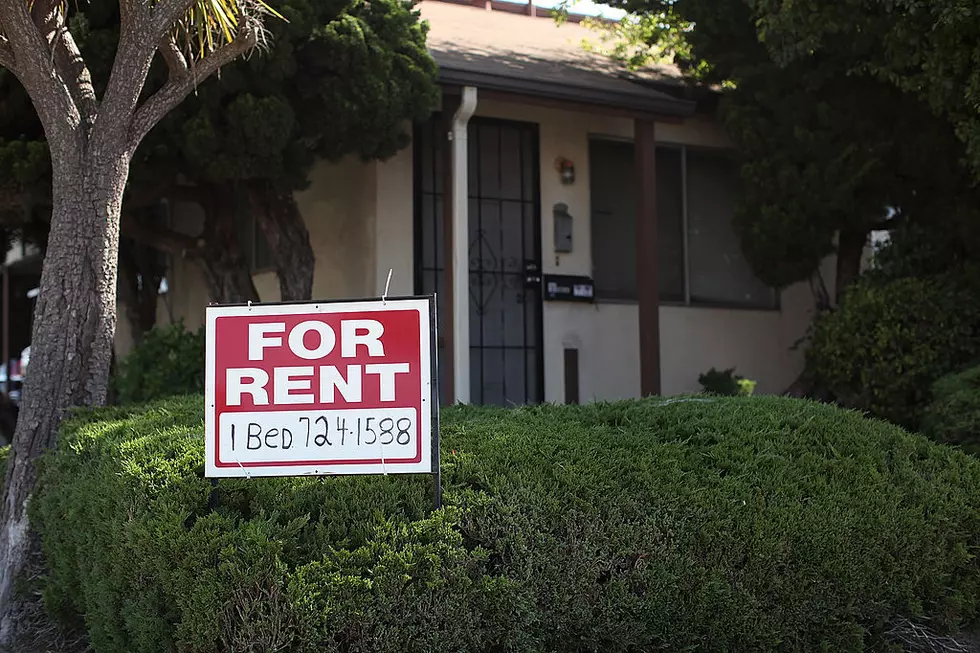
“Radical” Hearings Underway
Witnesses at a high-profile congressional hearing on Islamic radicalization said Thursday that America is "failing" to confront the threat posed by homegrown extremism, as lawmakers traded accusations over whether the inquiry unfairly singled out Muslims.
Zuhdi Jasser, president of the American Islamic Forum for Democracy, said "paralysis" over the issue has seized the nation's leaders and he urged the Muslim community to confront what he called an "exponential increase" in the number of Muslim radicals in the United States.
"The U.S. has a significant problem with Muslim radicalization," said Jasser, who is Muslim. "It is a problem that we can only solve."
Rep. Peter King, R-N.Y., chairman of the House Homeland Security Committee, clashed early with other lawmakers over the decision to hold the hearing, with one Democrat accusing King of "scapegoating" and King accusing his critics of spreading "rage and hysteria." The hearing aired a divergent set of views on the scope of the threat posed by radical Islam in the United States and the pertinence of holding a hearing focusing solely on that topic.
One lawmaker, Rep. Keith Ellison, D-Minn., who is Muslim, cried at the end of his testimony as he described the actions of a Muslim-American paramedic who lost his life in the Sept. 11, 2001, terror attacks.
As the hearing got underway, King vowed to press ahead and said this would be just the first in a series of hearings on homegrown terror. The New York Republican, in his opening statement, cited recent terror plots against the United States in defending his decision. He suggested the hearings could help fulfill the committee's duty to "protect America from a terrorist attack" by examining the root of recent plots.
"This committee cannot live in denial," King said, accusing critics of trying to "dilute" the focus by turning attention to groups other than Al Qaeda.
"Only Al Qaeda and its Islamist affiliates in this country are part of an international threat to our nation," King said.
He said the hearings "must go forward, and they will." He said backing down would amount to a "craven surrender to political correctness."
But Ellison warned that they could unfairly increase suspicion of Muslim Americans by lumping them together with violent extremists.
"When you assign their violent action to the entire community, you assign collective blame to a whole group," Ellison said. "This is the very heart of stereotyping and scapegoating.
More From News Talk KIT









